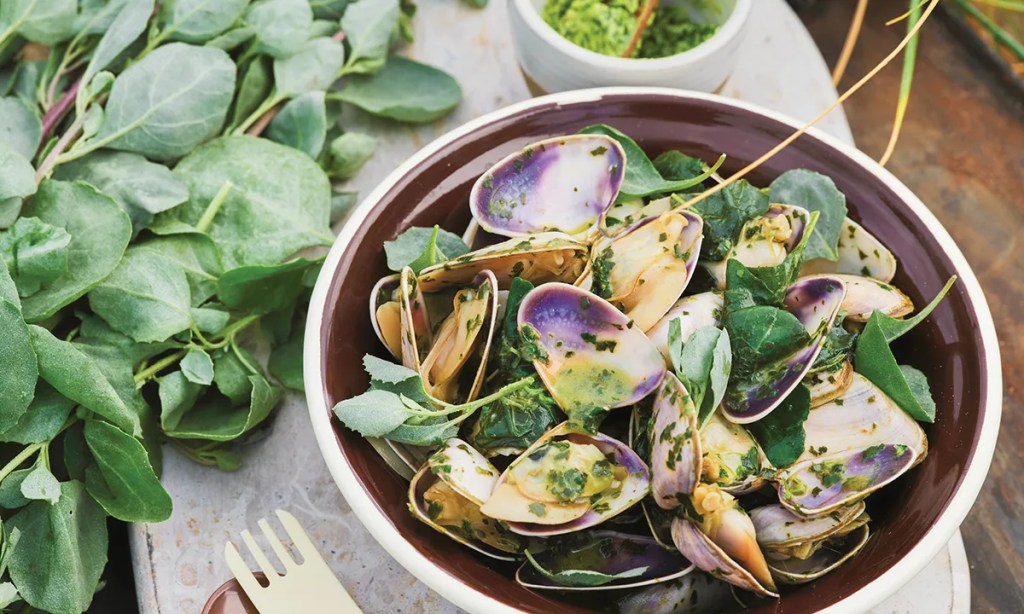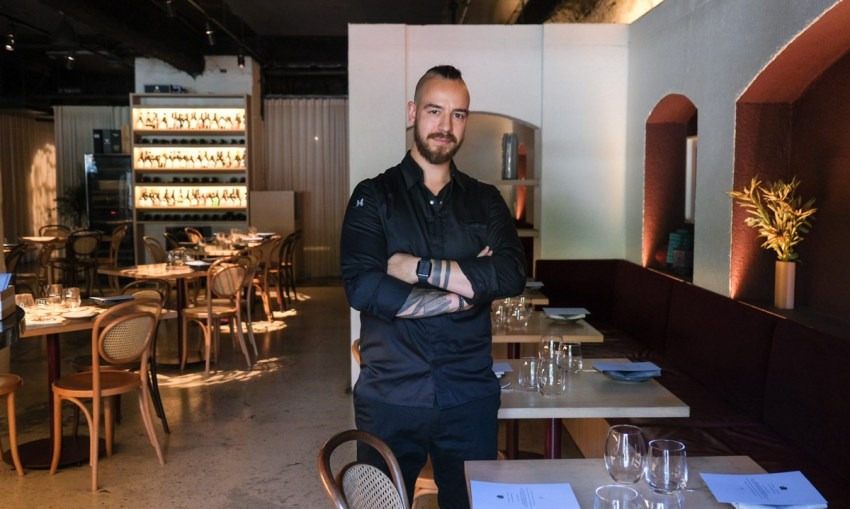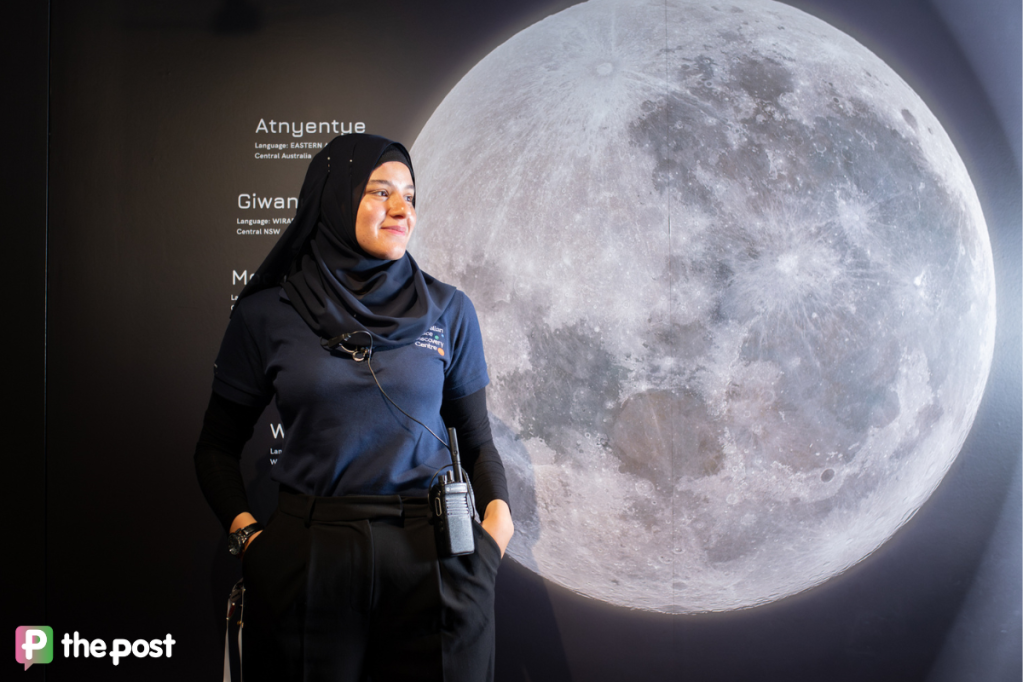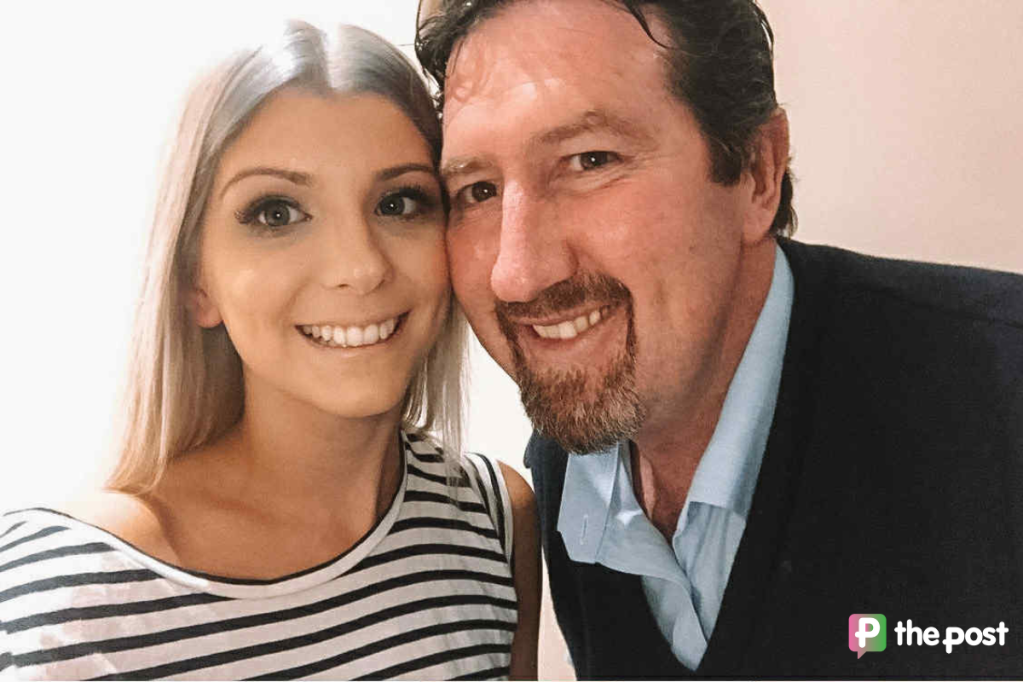Kane Pollard says you can make pesto from a carrot top
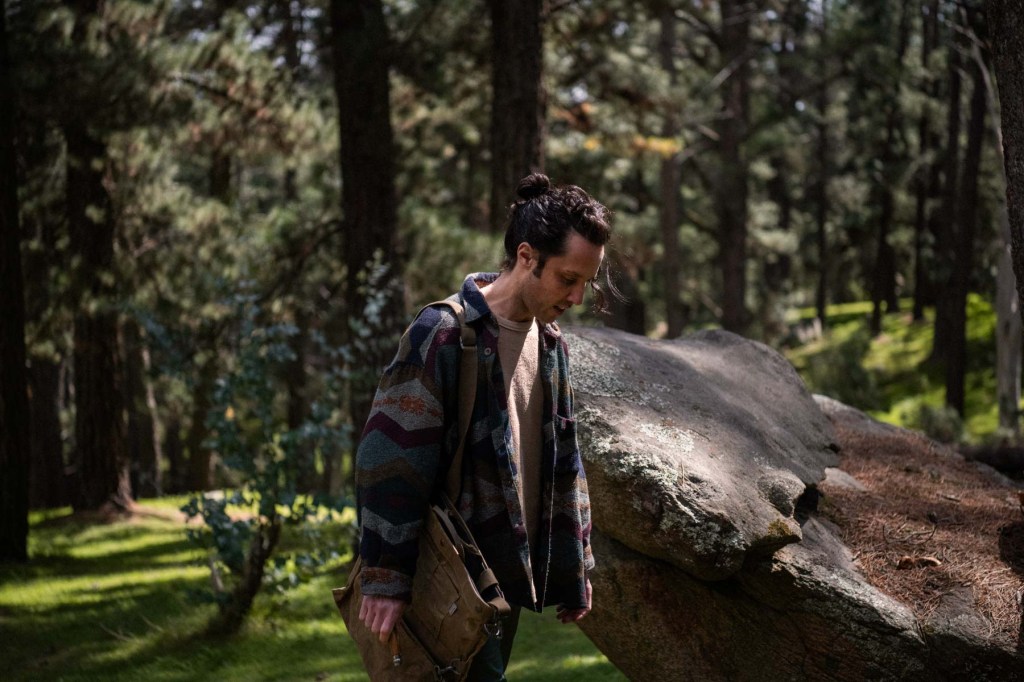
The Chefs Alliance by Slow Food South Australia is here, led by chef Kane Pollard, so we sat down with him to discuss the group’s ethos and plans for the future.
Kane Pollard, culinary director of Ondeen, regular SALIFE recipe contributor and leader of the Chefs Alliance for Slow Food South Australia thinks “everybody deserves to eat good, clean, fair food”.
“Obviously, with a lot of things happening in the world, that hasn’t been possible,” Kane says.
“So Slow Food generally uses their connections and skills and passion to source, prepare and just spread the word about how to nourish yourselves locally.”
The global Slow Food network was founded in Italy in 1989 by journalist and environmental activist Carlo Petrini as an organisation opposed to the “fast life”. Then, Maggie Beer introduced the first Slow Food group to Australia in 1995 in the Barossa, which later turned into Slow Food South Australia and 18 other groups have been formed across the country since.
“We catch up as a committee, Slow Food South Australia, every six weeks,” Kane says.
“We organise fundraisers to support local business. We hold events that basically just help drive that message home – so collaborating with restaurants or producers that do things a little differently, whether it’s through biodynamic farming, or beekeeping in a more natural setting.
“There’s a lot of educational substance to [Slow Food South Australia] as well.
“Either it’s like a celebration of food and produce and a celebration of the producer themselves, or it’s very educational, and it’s more based around getting people in to talk through types of cuisine and the retention of the ancient methods.”
You might like
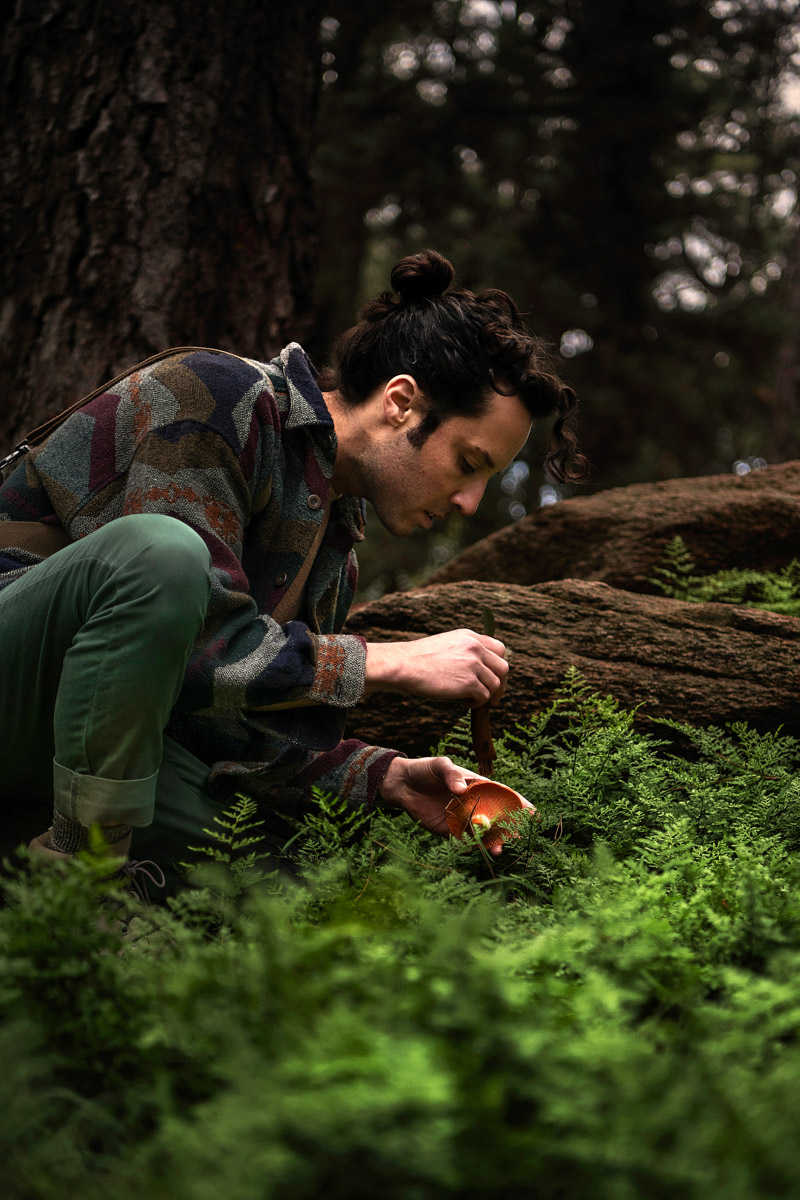
Though Slow Food South Australia has no quantifiable goal, Kane says its objective is to “create a sense of community and a safe space for people”.
Slow Food South Australia aims to educate through topics like eating seasonally “rather than from the supermarket”, growing your own produce – particularly if you’re living in a small townhouse or close to the city, approaching “food and ingredients in a way that helps be creative with the seasons” and more.
“It’s making sure if an animal’s given its life, or if vegetable’s been pulled out of the ground, how do you best utilise it to its full extent?” Kane says.
“How do you draw as much nutrient and as much flavour and as much longevity out of that ingredient as you can before inevitably, the leftover bones hopefully make it back into the earth and give back in a different way. [It’s a] closed-loop lifestyle.”
Kane says learning ancient preservation methods is an important aspect of the education they provide.
“I think retaining flavour is at the core of that,” Kane says.
“Ancient methods as far as using a whole animal – education around [the fact that] you don’t have to buy the same cut that you’re comfortable with all the time. There are other cuts that you can cook with the exact same way.
“Reducing your food waste. We’ve done a couple of workshops – one at the Adelaide Show Grounds Farmers Market – around using stale bread.”
This also includes understanding how to use “the whole plant”.
Subscribe for updates
“A simple one is carrot top pesto,” Kane says.
“This all ties in with seasonality, because when carrots are in season or at their peak at the markets, the tops are really green and really lush, and the flavour profile is very similar to parsley. So a pesto works really well, or a salsa verde or chimichurri sauce.
“But then when they’re out of season, or, say, you’re buying them from the supermarket or something, the tops are either chopped off already, or they’re dried up and a bit woody.”

Kane says using the entire product can go beyond just food.
“Fruits and vegetables wise, making your own spray and wipe, essentially – your own sanitiser – out of white vinegar and citrus peels is a real favourite,” Kane says.
“Have a jar of white vinegar and when you’re finished with a lemon, just pop the peel in there and once [the jar] is full, it should be about right to strain off and add a little bit of water to it and you can use that as a spray and wipe on the on your benches.”
Slow Food South Australia launched the Chefs Alliance this Tuesday at the Fern Avenue Community Garden.
“Part of the reason behind the Chefs Alliance is to start bridging the gap between what things you can do at home to positively impact the planet and make some different choices with your food,” Kane says.
“And then the next layer of that is, what can you do in industry and in your commercial kitchen to have an even bigger impact. Because you’re obviously processing a lot of food compared to the common household.”

Kane says it was also an opportunity to “teach and spread the Slow Food word”.
“And really use our skills as chefs and cooks to contribute,” Kane says.
“Whether that’s cooking for a cause, or whether that’s connecting with local apprentices and getting them inspired and excited about cooking in that way.”
The event had five stalls from chefs Rosa Matto, Enrico Sgarbossa, Nick Tadija, Cheong Liew and Kane, taking inspiration from the Italian Slow Food festival titled Terra Madre.
“The idea is that it’s just a little taste of something that makes sense to that chef, and they’ve got a bit of a story behind it, why they’re serving it that night, and how it links to the Slow Food ethos,” Kane says.
Head to the website to buy tickets to the Chefs Alliance event, or go Slow Food South Australia to become a member.
